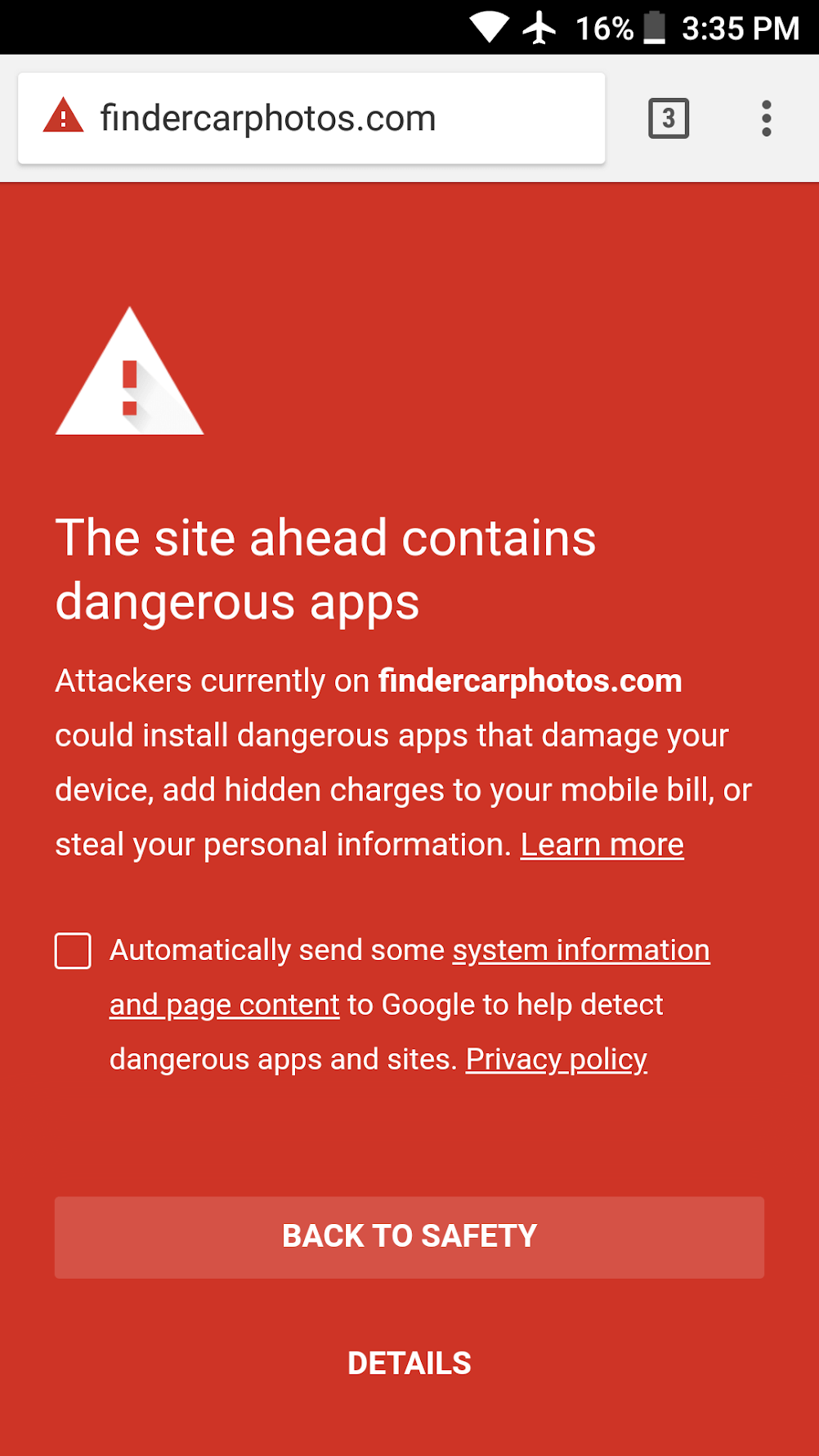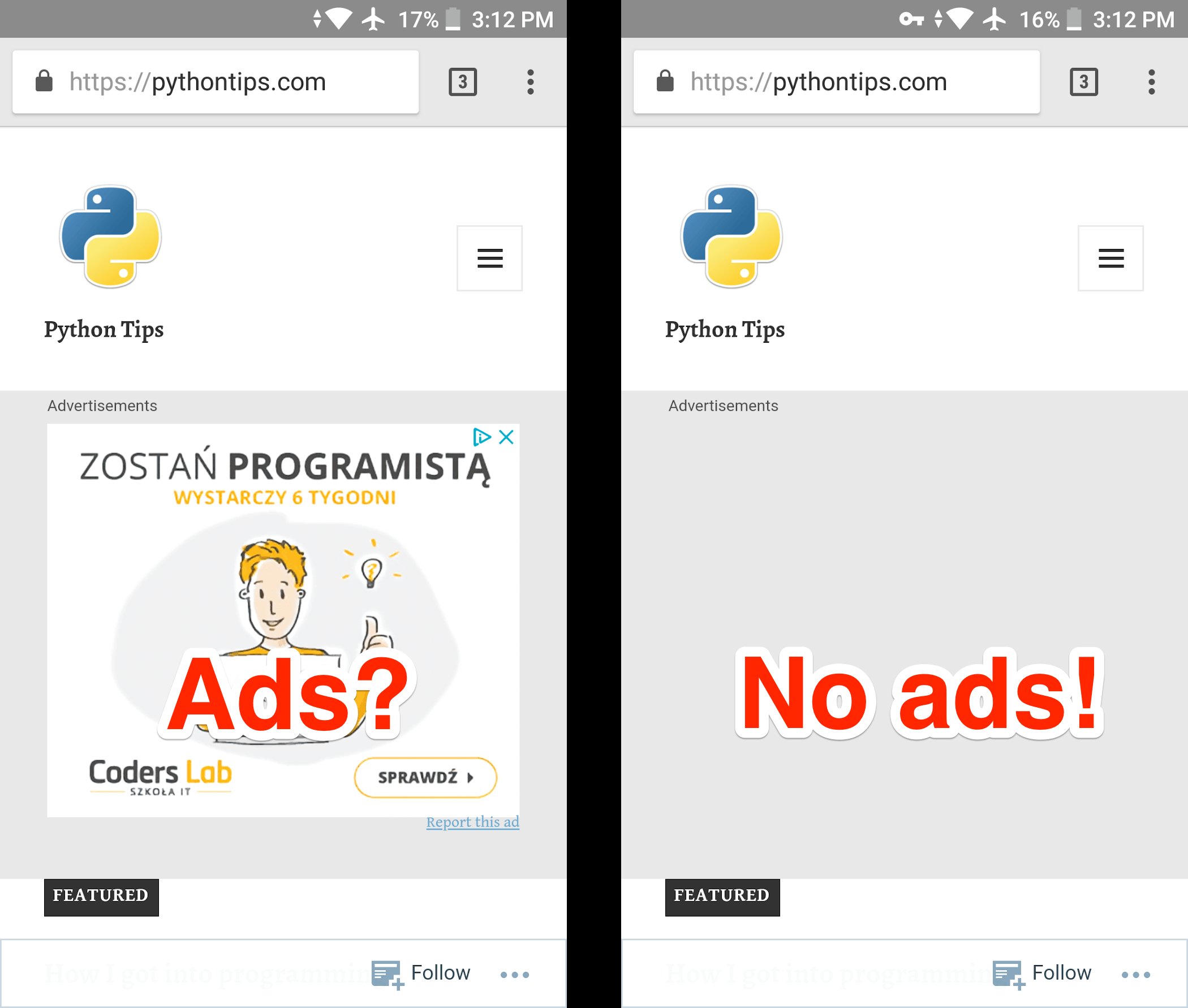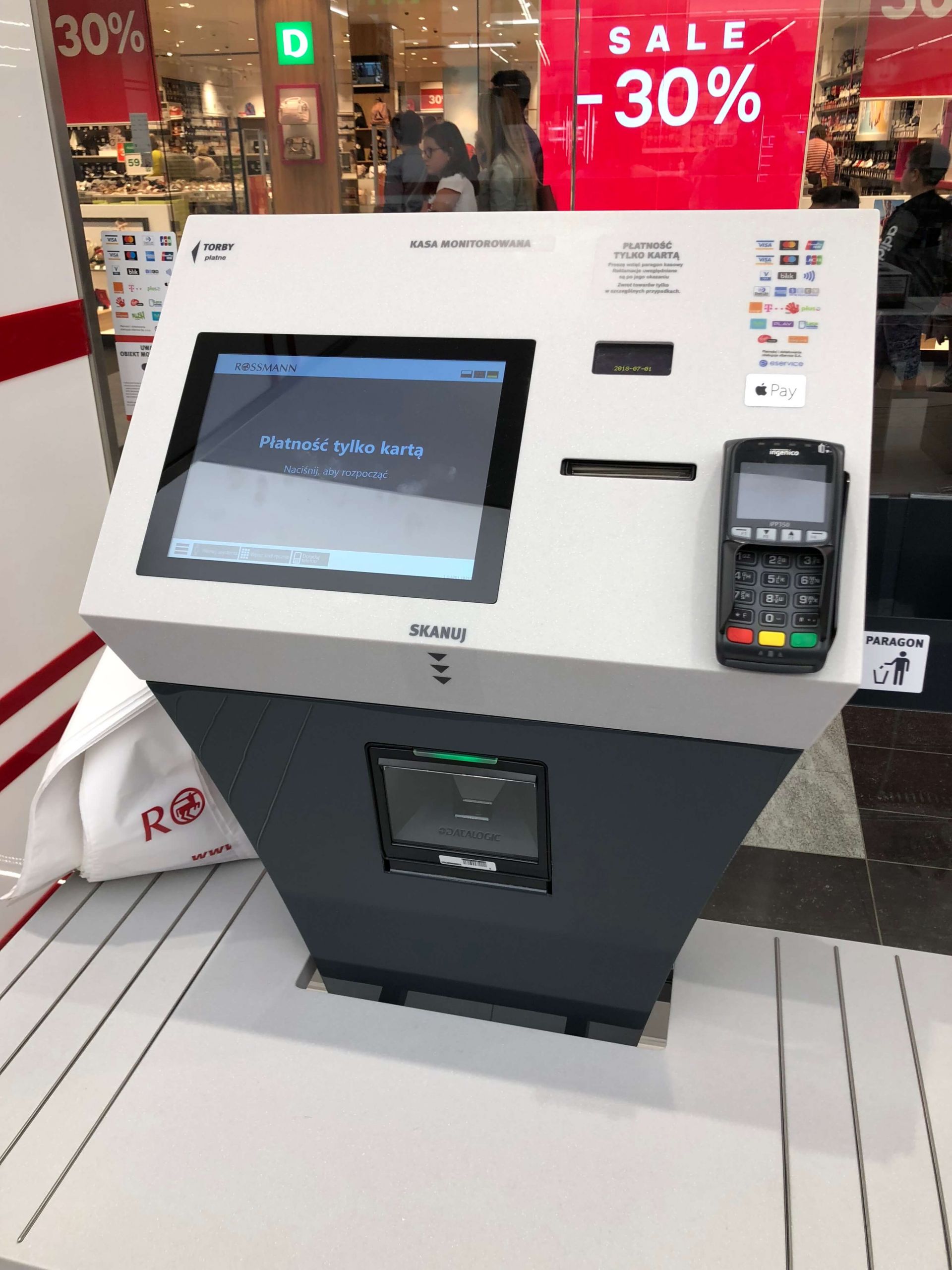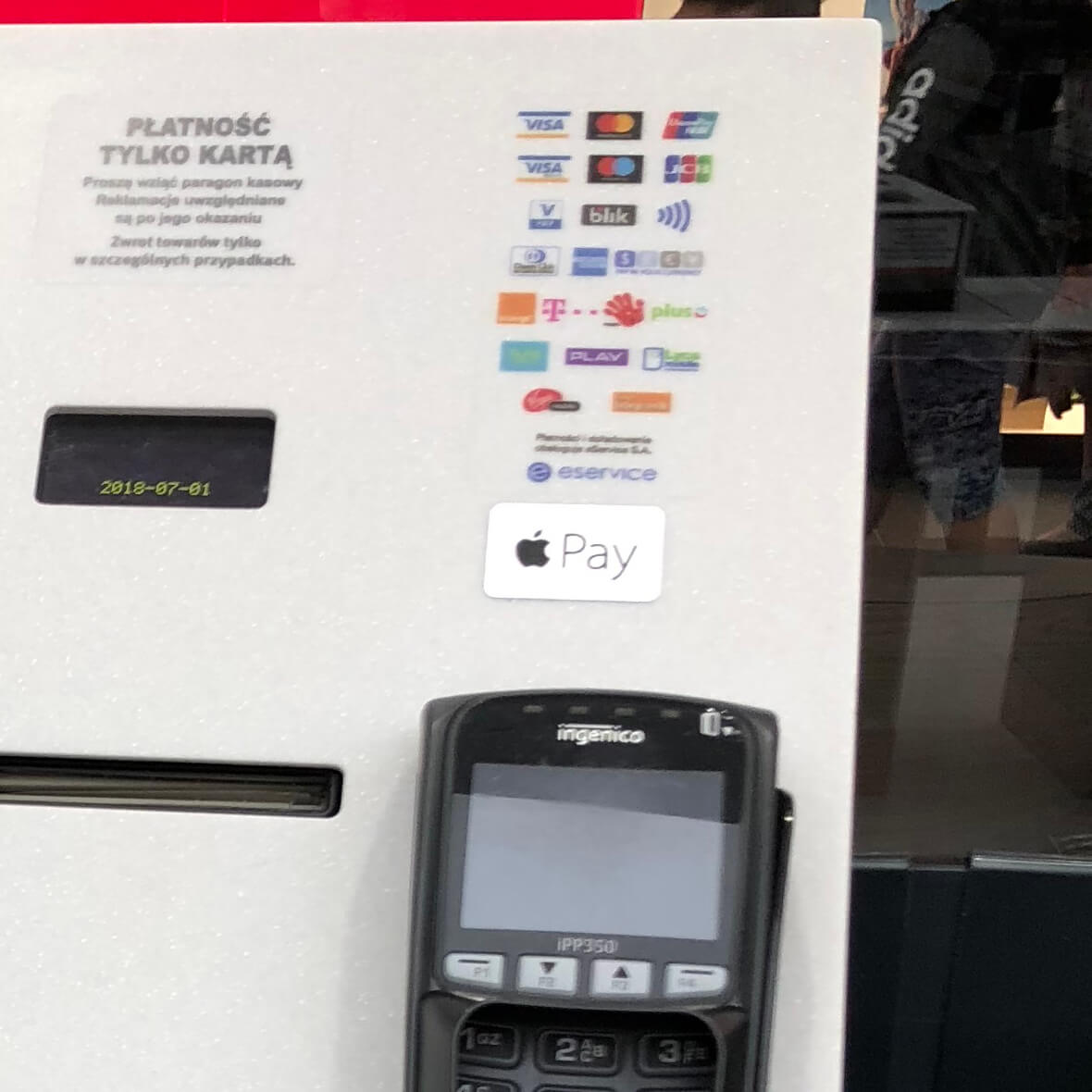
After scratching the surface with my best Android adblocker review and the tl;dr version of the results I wanted to share a deeper take on the privacy aspect of using adblockers.
The Adblocker Results #2 and deeper insights (longer, recommended version)
Let's get back for a second to the apps that didn't make the cut as the adblocker options I've tested:
- Free Adblocker Browser - was crashing after start not giving the option to test it at all
- AppBrain Ad Detector - detects apps on your device which might send your data. Marked Facebook app as highly malicious 🙃
- AdAway - requires root, so it's not an option for everyone
- TrustGo Ad Detector - asks all possible permissions upfront (how reading my messages or call info would help me stop seeing ads on the web?) which you never should allow unless you're completely sure what you're doing. The irony with the 'TrustGo' name is actually really funny. Trust them all with your data and go away 😃 Uninstalled.
The last app actually brings up an important topic with adblockers - privacy. The thing is, when you allow any adblocker to work on any of your platforms, what you essentially are allowing it is getting access to all your browsing information, so the adblocker can see it and cut out ads and/or trackers. That's why if you don't want your adblocker instead of blocking ads actually use your browsing data for serving you even more personalized ads, make sure you install a trusted one.
As you probably know by now, there are few ways of blocking ads: by using adblocker extensions for Yandex Browser and Samsung Internet browser (and maybe others that didn't cross my eyes), or using a standalone browser like the AdBlock Browser with adblocking already built in. Both ways do their job in a reasonable manner, but what if you're using Google Chrome as your default browser and you don't want to give up bookmarks, passwords and history sync with your Google Account? For that case there is a third option which enables you not only block ads in Google Chrome but block them overall, through your whole system. And it's done by installing a sideloaded apk which creates a local VPN server on the device itself and sends and receives all the Internet traffic through it, filtering it on the fly. How insane is that? Setting a local VPN server on your cellphone - Android never stops impressing me with its crazy hacks.
When you (or in our case the app on your behalf) setup a local VPN, except being able to filter ads and trackers on a much wider scale, throughout the whole system and in all of your apps you'll get two additional advantages if you compare such solution to connecting to the Internet via a traditional remote VPN:
- Unlinke remote ones, local VPNs don't consume almost no additional battery power for the same filtering operations
- Local VPNs don't add that painful additional delay of your phone transferring all the data through a remote server. As the result you get ad filtering without sacrificing your Internet connection speed.
But there are few disadvantages as well: - Local VPNs usually don't encrypt your traffic like remote VPNs do, so you don't get that additional layer of security
- Your device IP address will still be the same, so you won't be able to go around IP-based resource blocking, Great Firewalls, access restricted websites unlike while using remote VPNs.
That said, when you're using VPNs on Android you have to choose between fast and efficient adblocking or slow but secure Internet browsing. If you know any way that combines the two - please hit me up 🙂
Since usually no one usually would setup a local VPN for blocking ads on their own, that means we'll have to rely on someone's solutions. And by rely I mean trust some company not to use our browsing data in malicious ways. We already have issues trusting big companies like Google, Facebook or Apple which have something meaningful to loose if it turns out they are in fact using our data for their own advantages and without our consent. But what about smaller companies? On one hand for them loosing trust often means just getting out of business, since small companies usually are barely profitable and can't afford loosing any substantial part of their userbase by being involved in privacy scandals. On another hand such companies have more incentive to get those few additional bucks by selling your data in order to survive. And frankly after the latest news of Facebook beating their all time high stock prices even after privacy controversies, it sends a wrong signal to companies which collect any kinds of data that it's okay to leak or sell it - people won't care anyway and investors would still love you.
That being said it means that nobody except you won't really care about your privacy. And even though as mentioned in the first part of the research AdGuard's local VPN does the best job filtering ads not only in Google Chrome that doesn't support adblockers, but in other apps and throughg the whole system in general, people are legitimately concerned about the safety of using any AdGuard's products since their team is actually based in Russia and registered on the non-neutral law-enforcement Cyprus. Even though the openness of the developer and opensourcing their products help a bit, they still don't overcome the overall fear of using any kinds of tools (especially those ones that potentially can snoop your traffic) coming from Russia and that those tools and their developers are considering privacy like they should. Because of that on Android as the adblocker browser extention I would recommend using Adblock Plus which was build as a non-profit organization from the ground up and uses donations to keep developing their product. Having AdGuard's local VPN set to high filtering mode and enablihg https filtering is your best bet against ads but you may risk with your privacy instead. But if you still looking forward to a local VPN you can trust, I highly recommend you another free open-source project Blokada built by a few guys in their spare time that don't have a big company behind them with big expenses that need to be covered by potentially selling end user's data or whitelisting ad companies which usually is another form of income for adblocking companies. Granted AdGuard has a paid Pro iOS app and a subscription business model, but I doubt their earnings from those on a market with generally free adblocking solutions (including their own) is enough for you to trust them with your data.


